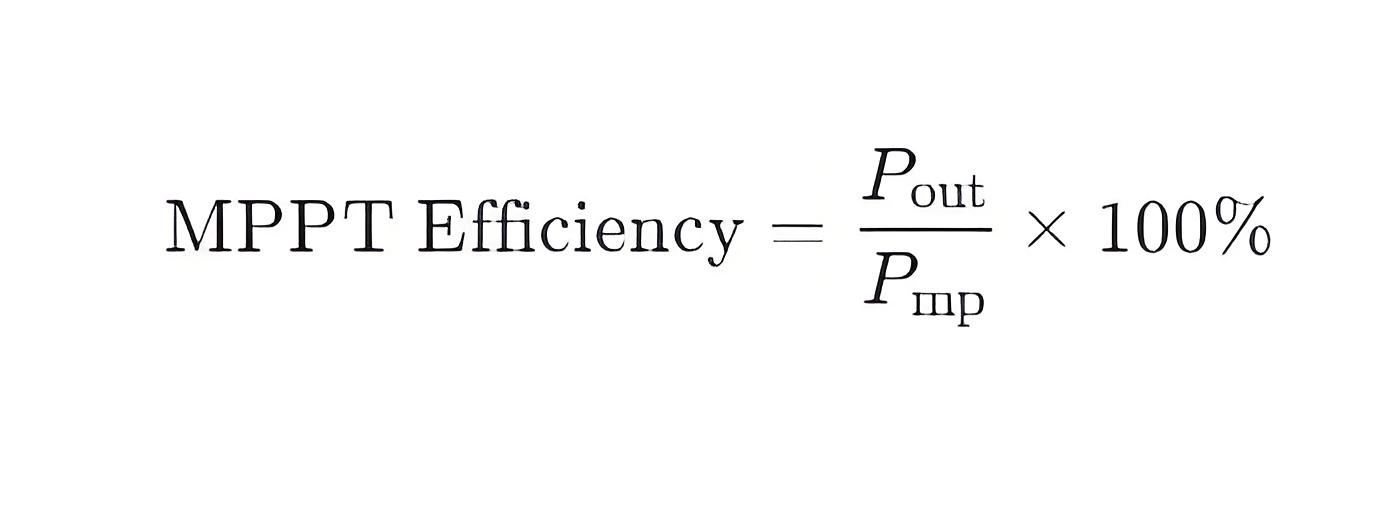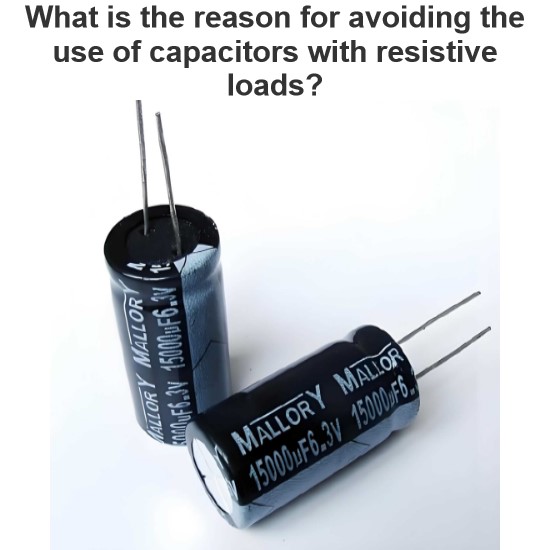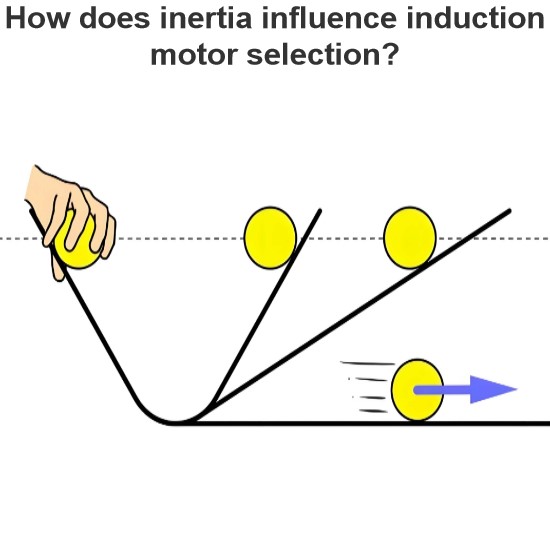What is MPPT efficiency?
Maximum Power Point Tracking (MPPT) is a technology used in photovoltaic systems (solar panel systems) designed to maximize the electrical energy harvested from solar panels. MPPT controllers continuously adjust the operating point to keep it at the maximum power point, ensuring that the solar panels operate efficiently under varying light and temperature conditions.
Definition of MPPT Efficiency
MPPT efficiency refers to the ability of an MPPT controller to convert the maximum available power from the solar panel into the power required by the load. Specifically, it is the ratio of the power output by the MPPT controller to the load (Pout ) to the maximum power available from the solar panel (Pmp). The mathematical expression is as follows:

Where:
Pmp is the maximum power available from the solar panel.
Pout is the power output by the MPPT controller to the load.
Factors Affecting MPPT Efficiency
Algorithm Accuracy:
Search Algorithm: Different MPPT algorithms (such as Perturb and Observe, Incremental Conductance, Fuzzy Logic Control, etc.) have different accuracies and response speeds, affecting MPPT efficiency.
Sampling Frequency: Higher sampling frequencies can track the maximum power point more accurately but also increase the complexity and power consumption of the controller.
Hardware Performance:
Sensor Accuracy: The accuracy of voltage and current sensors directly affects the performance of the MPPT controller.
Processor Speed: Faster processors can execute more complex algorithms, improving tracking accuracy.
Power Conversion Efficiency: The efficiency of the DC-DC converter directly impacts the overall efficiency of the MPPT controller.
Environmental Conditions:
Irradiance: Variations in irradiance affect the output characteristics of the solar panel, and the MPPT controller must quickly adapt to these changes.
Temperature: Temperature variations also impact the performance of the solar panel, and the MPPT controller must maintain high efficiency under different temperature conditions.
Load Characteristics:
Load Variations: Dynamic changes in the load affect the performance of the MPPT controller, which must be able to respond quickly to load changes.
Importance of MPPT Efficiency
Energy Maximization: High MPPT efficiency means more solar energy is effectively converted into usable electrical energy, increasing the overall efficiency of the system.
Cost Effectiveness: Efficient MPPT controllers can reduce the number of solar panels needed, lowering system costs.
Reliability: High-efficiency MPPT controllers generate less heat, extending the lifespan of the system.
Summary
MPPT efficiency is a critical metric for evaluating the performance of MPPT controllers. It reflects the controller's ability to convert the maximum power available from the solar panel into the power required by the load. Factors affecting MPPT efficiency include algorithm accuracy, hardware performance, environmental conditions, and load characteristics. Improving MPPT efficiency can maximize the energy output of solar systems, reduce costs, and enhance the reliability and lifespan of the system.
The Electricity Encyclopedia is dedicated to accelerating the dissemination and application of electricity knowledge and adding impetus to the development and innovation of the electricity industry.




